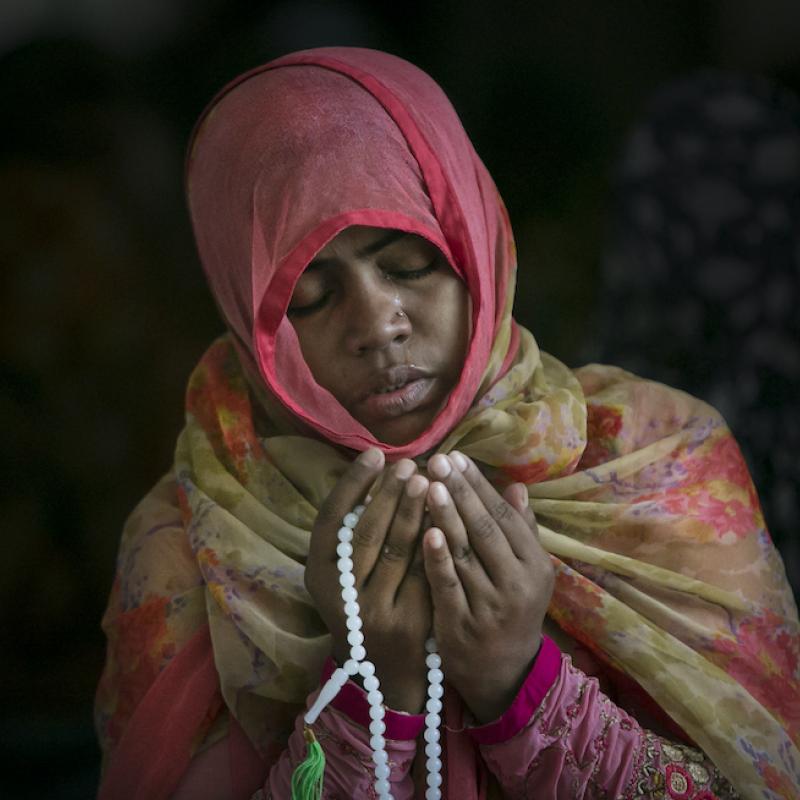

Did you know you can create a shareable playlist?
Advertisement
There are more than 22,000 Fresh Air segments.
Let us help you find exactly what you want to hear.

Would you like to make a playlist based on your queue?
Generate & Share View/Edit Your Queue